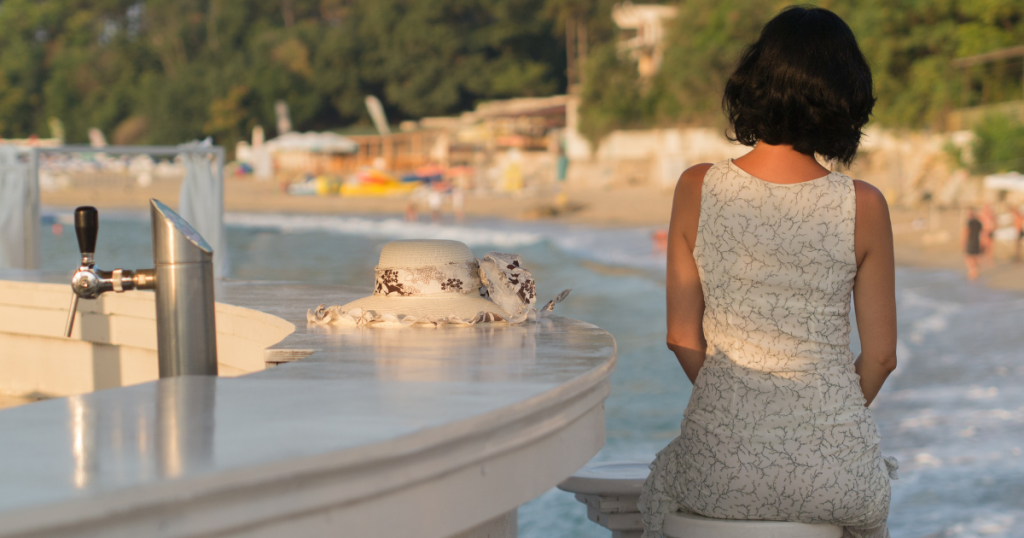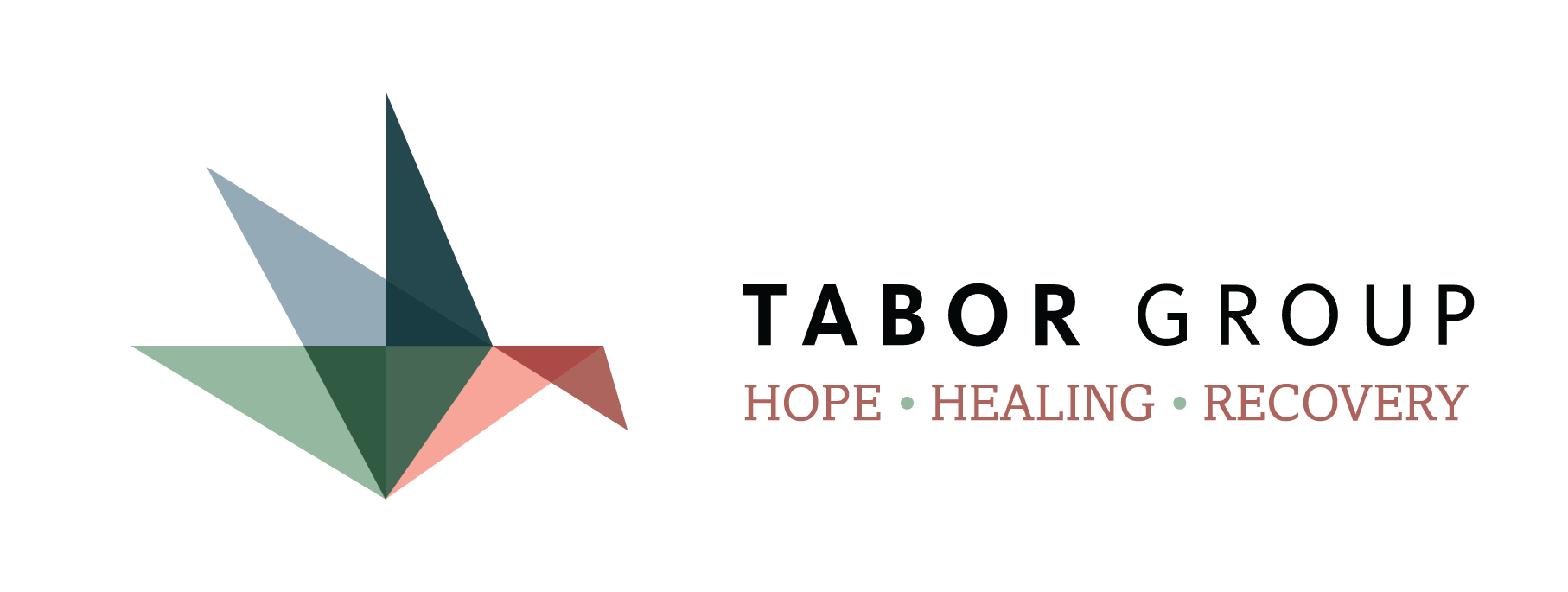
Summertime can be a challenging time for an individual suffering from addiction. Not only is everyone’s spirit lifted by the good weather, but events and occasions are in full swing. Summer events like BBQs, birthdays, concerts, holidays, and beach days often involve alcohol and sometimes even drugs.
This may create a testing environment for an individual suffering from addiction, when exposed to triggers exercising dedication to remaining substance free becomes the main priority. This blog focuses on types of triggers that may present themselves on a summer holiday and how to move past these triggers while dealing with the temptation.
TRIGGERS
A trigger is a stimulus that elicits a reaction. A trigger can often be referred to as something that brings on or worsens the symptoms of addiction. There are several different types of triggers, but we will focus on the three main types of triggers: external triggers, internal triggers, and synthetic triggers.
External triggers are the most understood trigger. Anything in an individual’s environment is an external trigger, so this can be a bottle of alcohol, being in a stressful situation or being around others drinking or using drugs. These are items that elicit a reaction form an individual.
The effects of an external trigger are often mitigated using behaviour chaining, where the trigger is associated with a new reaction. This is done by changing the initial reaction therefore changing the chain reaction to the stimulus. This is often done by using a synthetic trigger to practice the individual’s reaction to form a habit.
Internal triggers are the individuals’ own thoughts and feelings. These triggers can be things like remembering a fun event in your favourite bar, insecurities, worries, depression, and anxiety. Emotional lows are usually associated with internal triggers, however positive feelings can also compel an individual suffering from addiction to return to substance abuse.
Like external triggers, behaviours are often coupled with these internal triggers. So, for example, the feeling of anxiety may be coupled with consuming alcohol. Behaviour chaining is used to overcome an internal trigger. These may include activities such as meditation, distraction and reframing the situation.
By changing your opinion on the trigger, you can take a negative concept and turn it into a positive opportunity. Controlling strong emotions may be difficult, but again dealing with your trigger takes practice, they say it can take 21 days to form a habit, if you are determined and keep using the behaviour chaining technique dealing with your triggers will become easier and easier.
Synthetic triggers are triggers controlled and designed by an individual or many times a marketing team. These triggers often include advertising campaigns, designed to tempt the public. This type of trigger can be particularly difficult to manage because an individual suffering from addiction is already struggling with the difficulties associated with temptation without being subjected to campaigns specialising in evoking temptation within its viewers.
HOW TO DEAL WITH TRIGGERS ON A SUMMER HOLIDAY
Dealing with your external triggers
If you are struggling with triggers, when booking a summer holiday, it could be a good idea to pick a location where you can focus on sightseeing, history, or outdoor activities rather than being constantly exposed to your triggers. By choosing a location that has several different options in terms of entertainment will allow you time to relax, where your focus does not have to be managing your triggers.
When planning your holiday, it is important to let your travel companions know that you plan to abstain from drinking alcohol or taking drugs. This can add an element of accountability outside of your own personal goals. It also allows you to openly discuss your journey, how you are feeling, if you are experiencing cravings or your triggers. A problem shared is a problem halved.
If you are in a situation where you must be around your external triggers, then treat yourself to something indulgent such as a mocktail. Activate your reward centre in different ways, you don’t have to feel like you are missing out!
Avoiding your internal triggers
While on summer holidays it is important to maintain a good routine, where you are getting proper nutrition and a decent amount of sleep. When sleep and nutrition are compromised, it can lead to feelings of stress or depression, two internal triggers. Make sure to keep your body and mind healthy while on your holidays by scheduling enough time for rest and by ensuring you are eating enough healthy foods.
In terms of planning, it is important to plan for your response to experiencing a trigger. Before you go on holiday it is important map out the trigger process, this can include mapping out your new chain behaviour and your ideal response to experiencing a craving. You could do this by making mental notes, writing down the step-by-step process or saving the process to your mobile phone. By solidifying and reinforcing this plan in your head you will be prepared with an exact guide on how to cope with temptation. It is important to remember that if you do experience a craving, do not panic. The feeling will not last for your entire holiday, like everything… it will pass.
Like everything, dealing with triggers gets easier with practice. Different environments, experiences and feelings can strengthen your resilience and be a fantastic motivation in the recovery process. Do not let worrying about triggers deter you from going on that holiday. If you have the right coping mechanisms in place you will be just fine.
TABOR GROUP
Tabor Group provides residential & community-based addiction treatment programmes to men and woman over 18 years of age, who are struggling with addiction to alcohol, drugs, and gambling. If you or a loved one are suffering from an addiction, get help today. We can help you recover in a healthy, friendly environment and beat your addiction. Do not hesitate to contact one of our counsellors today for information by calling +353 (21) 488 7710 for Cork or +353 (1) 639 2962 for Dublin, or alternatively you can email us at info@taborgroup.ie. We can help you.


